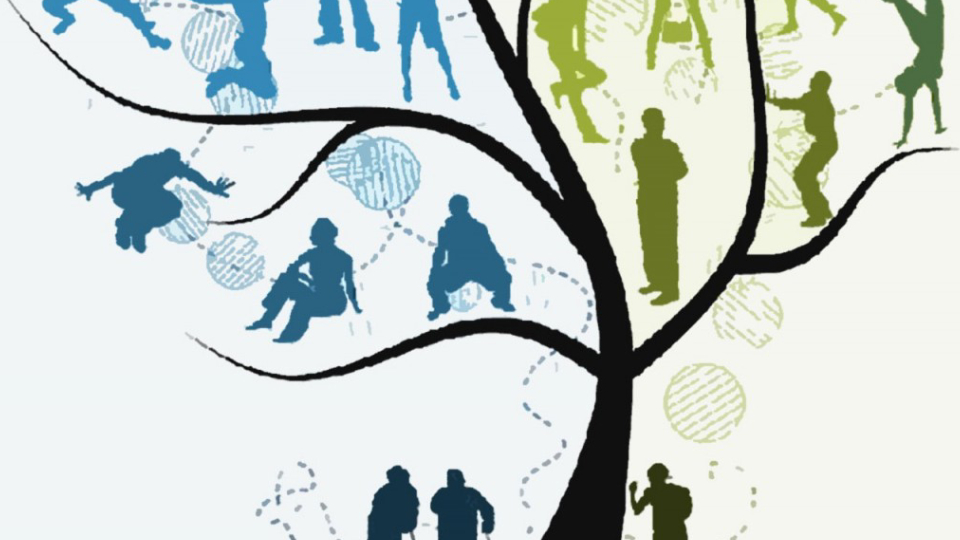Connect with Family
Don’t rush to get DNA tests first. Sit down with your relatives who are around and talk to them to know more. Frame your questions to find out things like where they were born, where their parents and grandparents came from and their family stories. The biggest regret is not asking the questions when you have the chance. Your relative might or might not be around tomorrow so you would want to gather as much information while you can. When a DNA test throws up something exciting or interesting from your ancestors you will be tempted to start building your family tree immediately but it’s always good to take it slow. You should be careful about false information as it can be spread quickly through many trees.
Gather evidence
Once you have a fair idea about who your ancestors might be, it’s important that you start gathering documents that can prove their existence. Mistakes are often made at some point of time with those who work on their family history. You would want to avoid this and probably detect the mistakes early and find out facts so that not much time is wasted. You would be looking for documents like birth certificates, marriage, death and electoral records. You should also look at passenger records. Record the chats you have with your family members for documentation purposes. Go through all those boxes filled with family photos and capture the emotions and sentiments when they talk about those in the photographs. It’s not just knowing about your lineage, in this process you will also come across different kinds of historic happenings that you would need to know to fill in gaps in your family tree. Sometimes even studying more about a community that your ancestors lived in can lead way to a whole lot of information. You get to know about the social environment your ancestors lived in. DNA test results can give you an estimate of your ethnicity and you can get to know more about where your ancestors came from in the last thousand years. The real history of your family live in locating your distant relatives to know more about the knowledge they have.
Read the records
Go through all the birthdate and marriage certificates in detail. There is a wealth of information and certificates. For example if you are going through a medical certificate you can check on the names of the witnesses. Look at their surnames. Are the surname is the same as the family’s? If they’re not then why was the family not there at the time of the wedding? So many questions come up this way and finding answers can lead you to more knowledge about your ancestry.

